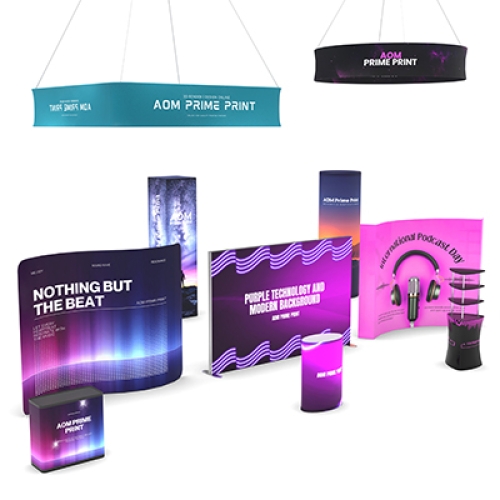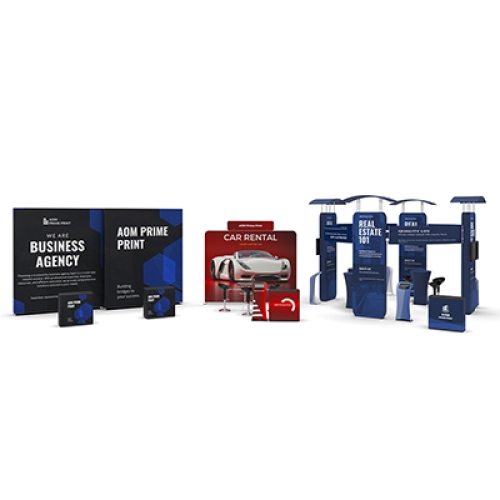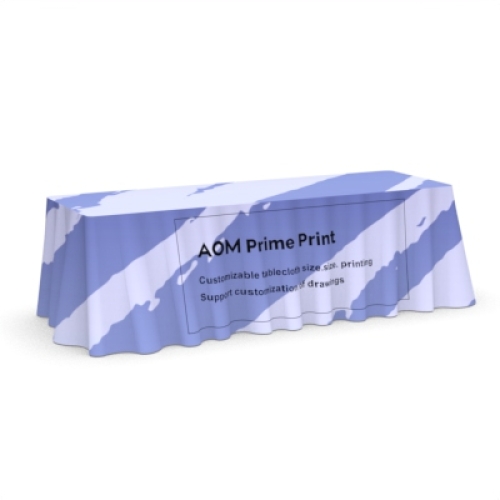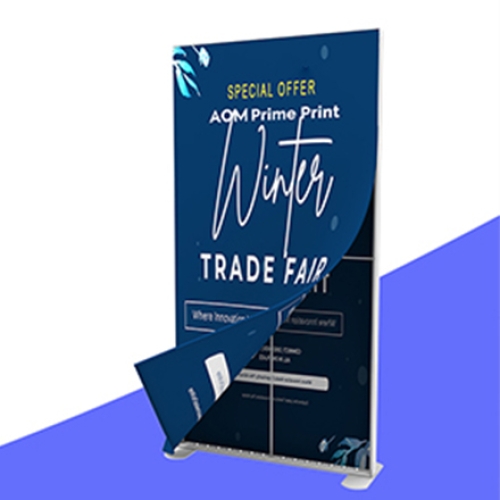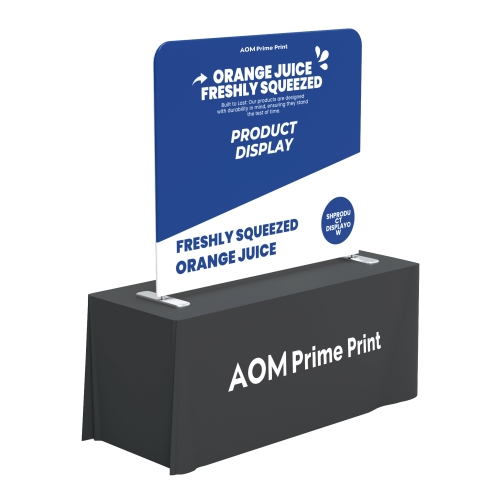Why Repetition in Marketing Can Be Annoying and Push Customers Away
February 12th 2025
In marketing, the key to effective communication lies in clarity, creativity, and a strong connection with your audience. However, repetition often sneaks in as a go-to strategy, with marketers hoping that repeating their message will drive home the point. Unfortunately, this strategy can backfire. Repetitive language doesn't reinforce a message—it can frustrate, annoy, and drive your audience away. Here's why you should avoid relying on repetition in your marketing materials.
Repetition Becomes Annoying
Imagine browsing through a digital ad or scrolling through social media, and seeing the same word or phrase over and over again. It’s like hearing the same song played on repeat—it loses its charm. This constant repetition creates a feeling of annoyance, which leads to disengagement. Your audience might initially pay attention, but after seeing the same message multiple times, they’ll tune it out. People don’t want to feel like they’re stuck in a loop of the same message. Instead, they crave something new, fresh, and engaging.
Think of the well-known example of Trivago’s campaign. Their slogan “Find your ideal hotel for the best price” was everywhere—on billboards, TV, and digital ads. The message was clear, but the repetition became overwhelming. The result wasn’t increased brand awareness; it led to irritation and even public backlash, with consumers taking to social media to complain about the ad’s incessant presence. When repetition becomes excessive, it risks turning your message from something memorable to something people actively avoid.
Excessive Repetition Creates Negative Associations
When brands repeat themselves too often, they risk creating negative associations with their message. Instead of coming across as trustworthy and approachable, they begin to feel pushy and desperate. Marketing that overuses repetition can make your audience feel like they're being cornered into making a decision. Consumers don’t want to be constantly pressured into acting—they want to make decisions on their own terms. A message that repeats itself too much can make your brand feel less like a trusted advisor and more like a sales agent trying to push them into buying something.
Repetition can even make your brand seem lazy or uninspired. When all you do is repeat the same phrases, you’re not giving your audience anything new to think about. Effective marketing isn’t just about driving home a point—it’s about creating meaningful, authentic interactions that engage your audience on a deeper level.
It Can Feel Like a Hard Sell
No one likes being “sold to,” especially when it feels like the brand is trying too hard. Excessive repetition often comes across as a “hard sell” approach, where the brand is pushing a single message relentlessly in hopes that it’ll stick. While this might have worked in traditional advertising where repetition was necessary to break through the clutter, today’s digital landscape requires a more subtle and nuanced approach. Consumers are looking for value, authenticity, and a connection—not a constant barrage of the same message.
When you focus on engaging your audience with diverse, thoughtful content rather than repeating a single message, it feels more like a conversation and less like a pitch. Repetition can make your brand feel inauthentic, as if it’s more interested in pushing a sale than in building a relationship with the customer.
Visual Clutter: When Words Overwhelm the Design
Marketing visuals are meant to be compelling and engaging, and they should complement the message you’re trying to convey. However, when you crowd an image or an ad with repeated words, it becomes visually overwhelming. Instead of focusing on the product or the story you’re telling, the viewer becomes distracted by the sheer volume of text. The more space you take up with repetitive phrases, the less space there is for creativity and visual appeal.
Marketing is all about balance. The most effective ads use a combination of compelling visuals and clear, concise messaging. Repetitive words take away from that balance, cluttering the visual space and diminishing the overall impact of the message.
Consistency Doesn’t Mean Repetition
There’s a difference between brand consistency and repetitive messaging. While consistency is important—ensuring that your brand message aligns with your core values and identity—repetition does not serve the same purpose. It’s easy to confuse the two, especially in a world of so many marketing channels. However, consistency is about delivering a coherent and authentic message across platforms—not about repeating the same exact words over and over.
Think about the best brands out there. They don’t rely on repetitive messaging to make their mark. Instead, they maintain consistency in tone, values, and voice, while offering a variety of content that keeps their audience engaged. Repetition may create uniformity, but it often sacrifices the creativity and authenticity that make a brand stand out.
Quality Over Quantity
In the end, less is often more when it comes to marketing. A well-crafted message can have a far greater impact than one that’s repeated over and over again. Rather than using repetition as a crutch, focus on delivering quality content that speaks to the needs and desires of your audience. Every word should be purposeful and impactful, rather than just filling space.
This doesn’t mean your message can’t be repeated across different channels or touchpoints, but it does mean that each instance should be fresh and resonate with the audience in a new way. Repetition only dilutes the power of your message and makes it feel tired.
Tips for Avoiding Repetition in Marketing
- Be concise: Focus on getting your message across in as few words as possible, ensuring that every word counts.
- Mix up your language: Instead of repeating the same phrases, use varied wording to keep your content engaging and dynamic.
- Rely on visuals: Let your imagery do some of the talking. Sometimes, a powerful image can convey a message better than a hundred words.
- Ask for feedback: Before launching your campaign, get input from others to make sure your message isn’t repetitive and that it resonates clearly with your target audience.
Marketing isn’t about bombarding your audience with repetitive messages—it’s about creating lasting, meaningful connections. If you focus on authenticity, creativity, and quality, your brand will stand out in ways that repetition simply can’t achieve.

